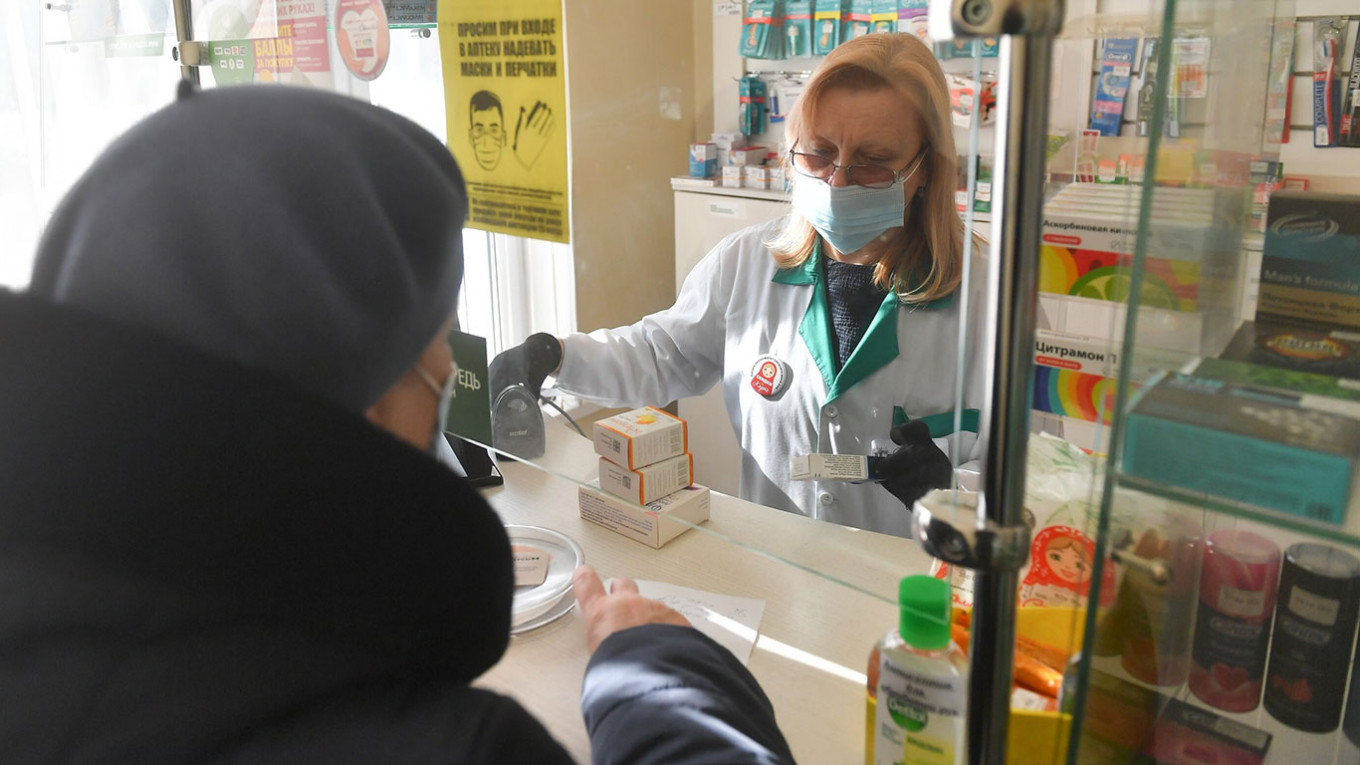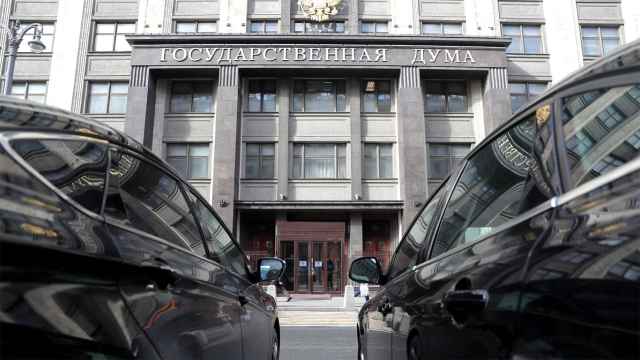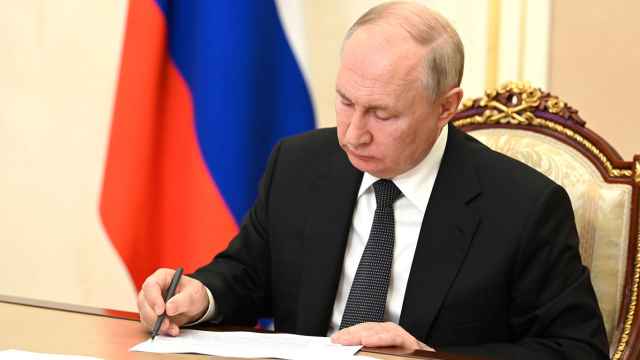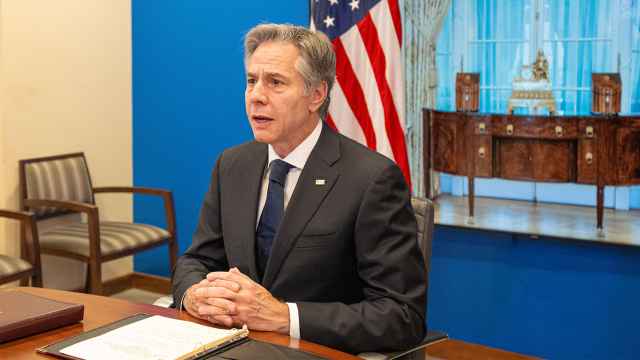Russia is running low on insulin and other important medical supplies produced abroad, the Kommersant business daily reported Wednesday, including raw materials key for production of drugs at home.
The concerns come after a wave of Western sanctions over conflict in Ukraine began battering the Russian economy and dozens of major Western brands announced their departure from the market.
The federal medical regulator Roszdravnadzor and a national association of pharmacies attributed insulin shortages to "urgent consumer demand," Kommersant said.
The Kremlin-aligned business daily noted, however, that most diabetes medication used in Russia is also produced in the country and there was no disruption to production and distribution chains.
Several patients interviewed by Kommersant said there was a rush on insulin because other medical devices used by diabetics are produced abroad, and they expected a general price hike or shortages caused by sanctions.
Western sanctions against Russia's military incursion in Ukraine have so far focussed on Russia banks and oil and gas, without targeting the medical sector.
Still, Kommersant said, Russian companies could be left without imported raw materials and components.
It reported that deliveries from Europe have all but stopped and those from China and India — which account for up to 80% of imports — have been hampered by supply chain disruptions.
Local stocks are expected to last three to six months, it said.
The collapse of the Soviet Union saw Russia's prized pharmaceutical industry collapse and ushered in a period where the country was reliant on Western laboratories.
Moscow has been working to reduce its dependence on the West, a policy advanced after EU and U.S. sanctions following Russia's annexation of the Crimean peninsula in 2014.
However, local production is still largely dependent on imported raw materials.
A Message from The Moscow Times:
Dear readers,
We are facing unprecedented challenges. Russia's Prosecutor General's Office has designated The Moscow Times as an "undesirable" organization, criminalizing our work and putting our staff at risk of prosecution. This follows our earlier unjust labeling as a "foreign agent."
These actions are direct attempts to silence independent journalism in Russia. The authorities claim our work "discredits the decisions of the Russian leadership." We see things differently: we strive to provide accurate, unbiased reporting on Russia.
We, the journalists of The Moscow Times, refuse to be silenced. But to continue our work, we need your help.
Your support, no matter how small, makes a world of difference. If you can, please support us monthly starting from just $2. It's quick to set up, and every contribution makes a significant impact.
By supporting The Moscow Times, you're defending open, independent journalism in the face of repression. Thank you for standing with us.
Remind me later.






